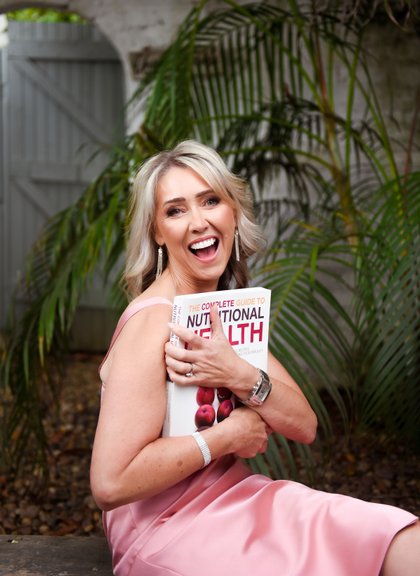Options: One-on-one consultations in my practice and online consultation
Weight loss
IgG Food Sensitivity Testing, Gut Dysbiosis, IBS, Celiac Disease
GeneDiet DNA testing, and Sports Nutrition with GeneSport testing are available
Nutritional Support for diagnoses such as Diabetes, Insulin Resistance, PCOS,
Peri-, Menopause, and Post-menopause support
What’s involved?
During the hour-long consultation, I will assess your current health and medical history, including your current diet, lifestyle, medication, and supplements, if applicable. I use best-practice principles to always check medication against any contraindications. I put together my recommendations, which include a personalised eating plan, with recipes. If necessary, I make supplement recommendations. Consultations also include support and guidance around what nutrition is and why specific recommendations have been made.
Who could benefit from a nutrition consultation?
While I have many female clients, I work with all ages and genders who need support to improve the diet and health areas of their lives. The stress of a busy life of family and work can leave you feeling as if you want and need a change. You may be struggling with a health condition that is leaving you exhausted and overweight or just need to fine-tune your existing diet to look and feel your best. I work best with clients who like to take control of their own health and who may believe that they can do this through nutrition and lifestyle changes.
How many nutrition consultations will be required?
The first consultation usually lasts 45 min to 1 hour. In order to monitor progress, it may be necessary for you to return after 2-4 weeks for a follow-up appointment, which we will discuss at the first consultation. In my experience, the best results are achieved with follow-up consultations. Changes should not be stressful and need to be sustainable and agreed upon in a collaborative way to help you achieve your goals.


Sports Nutrition:
An athlete’s specific training is important to attain peak fitness. Equally important for athletic performance is proper nourishment, including the type, timing, and amount of specific food and often requiring quality supplementation.
Both research and practice prove how athletes benefit from the right nutritional support from food and quality supplemental sources to gain a competitive advantage. The increased energy demands of sporting activities require correct fluid, electrolyte, and energy consumption during training and competition.
Tips for athletes
Supervision of one's nutrition from a balanced diet is an integral part of optimal physical development and achievement of optimal results. The training regimens of modern-day athletes have evolved from the sole emphasis on a single fitness component. My integrative nutrition combines with various training models and my experience as an athlete.